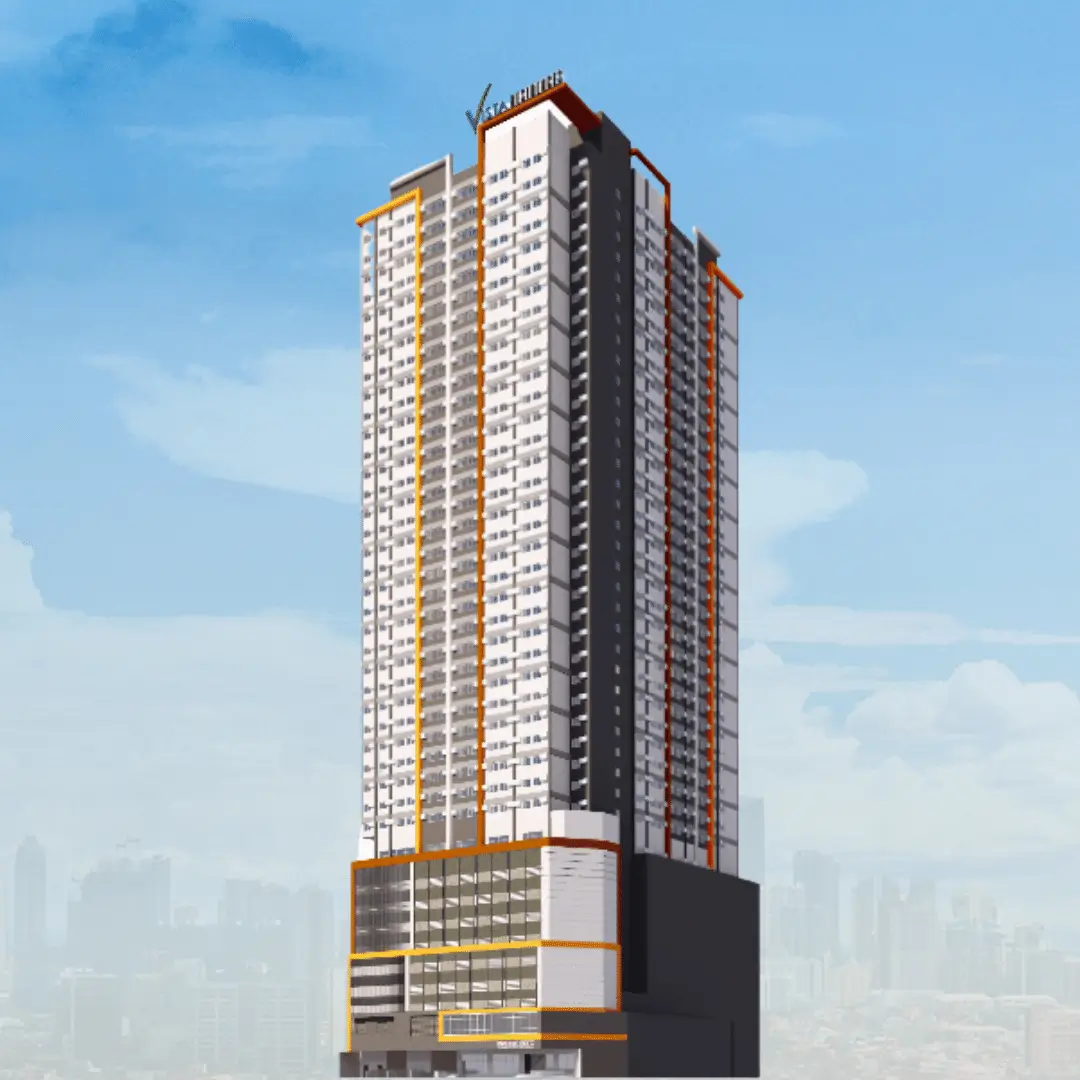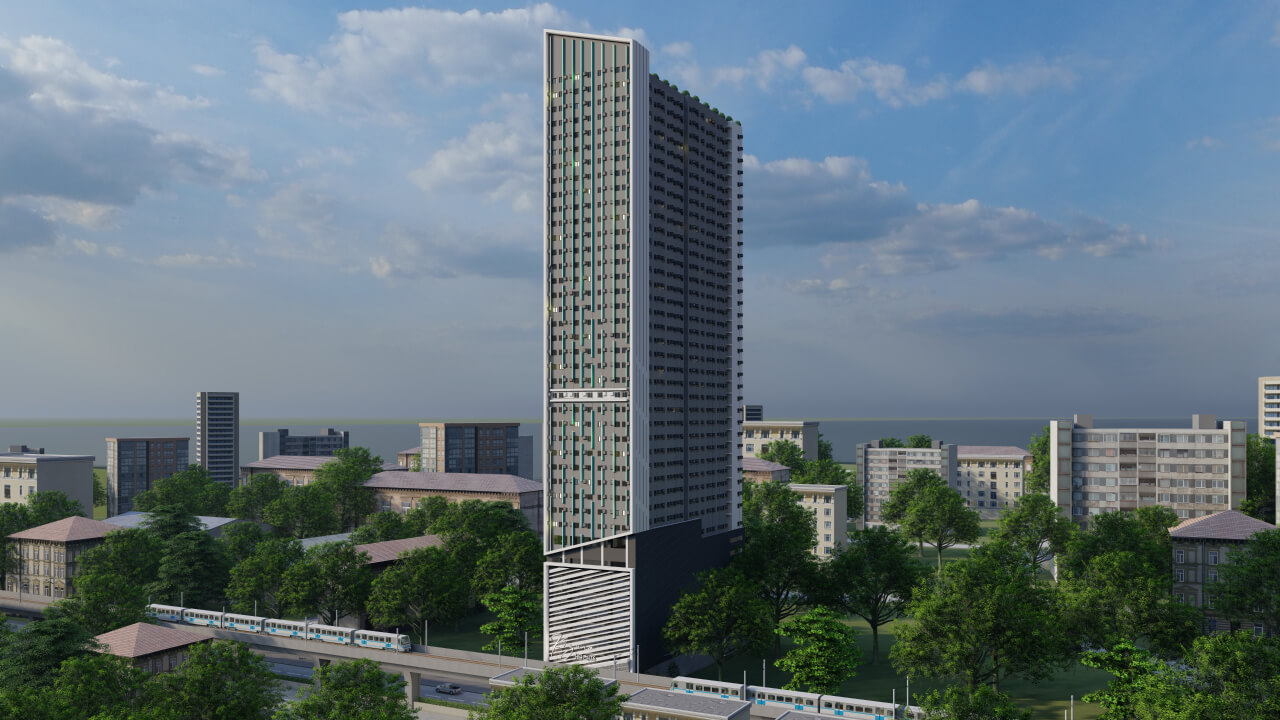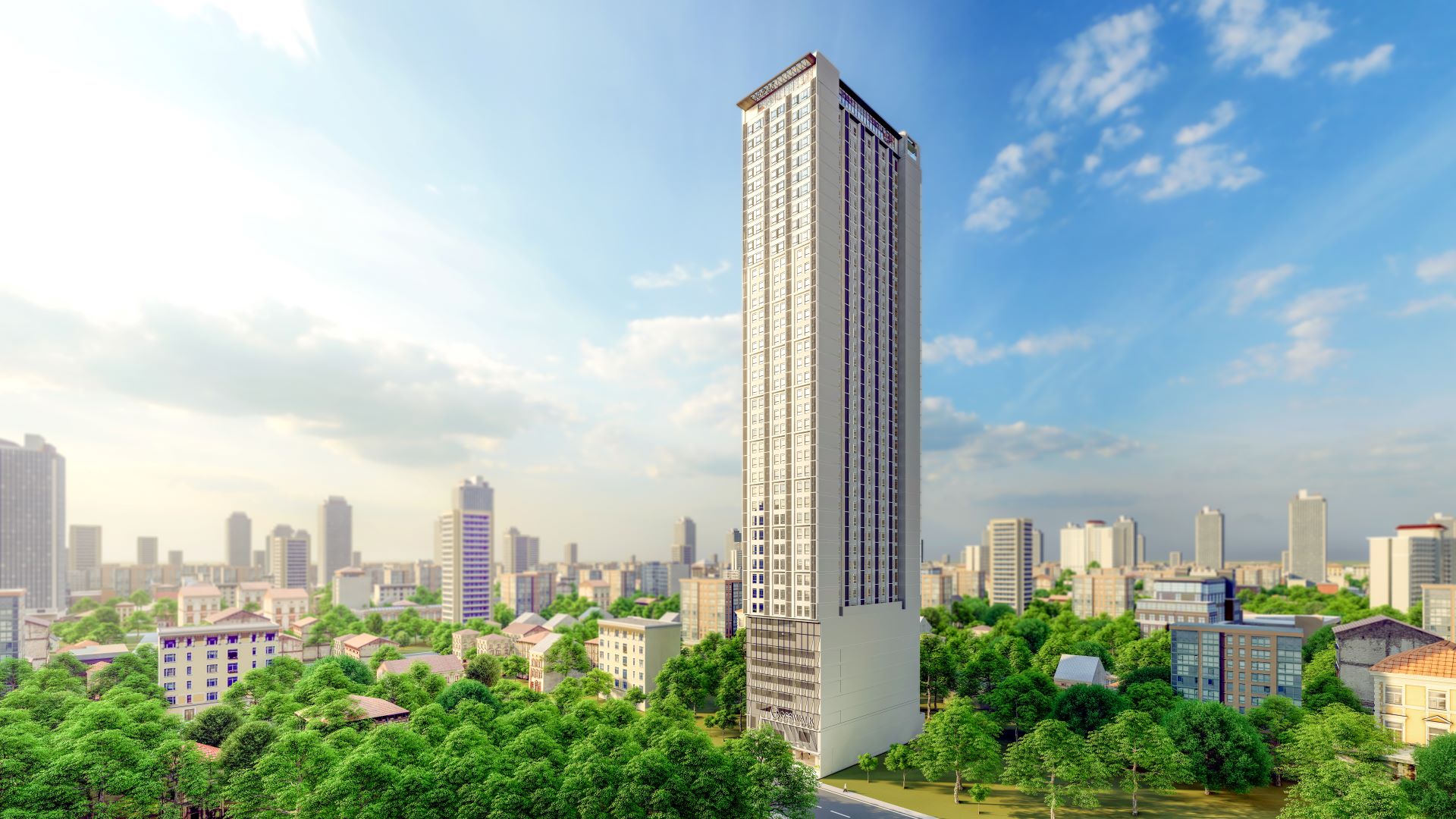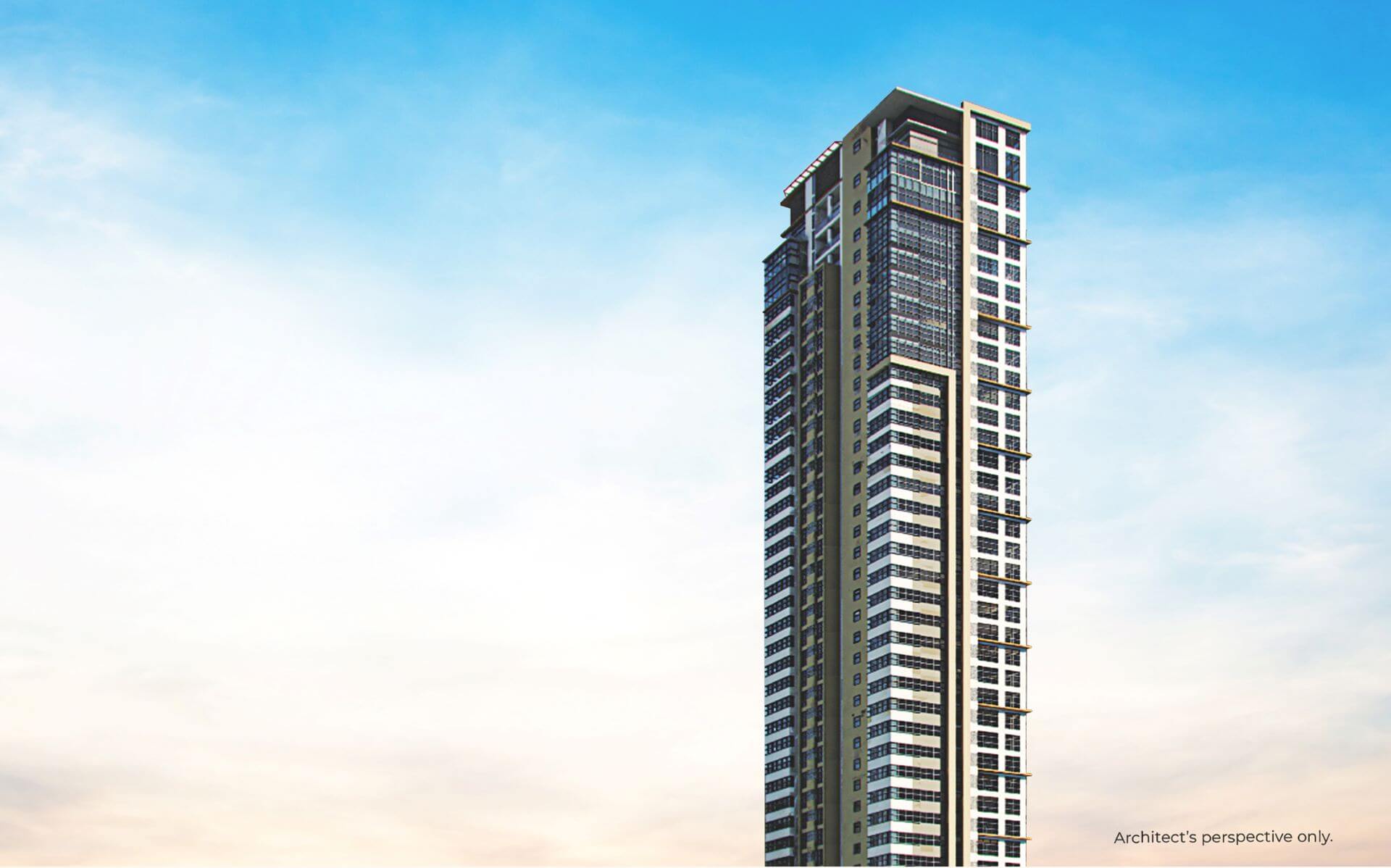Independent student living: A rite of passage and shift in life’s narrative
Independent student living in Manila is both a rite of passage and a profound shift in life’s narrative. For many students across the Philippines, moving from their house in the regions to Metro Manila for college marks the end of being a child and their first step toward adulthood. It's an experience that offers a unique mix of challenge and freedom, allowing them to redefine their identities, assume new responsibilities, and shape their daily routines outside the protective roof of their families.
This journey of living independently involves navigating school, managing living expenses, and finding time for friends and leisure. The decision to live close to one's college offer a lot of benefits, beginning with saving time and money on transportation and providing more access to the local businesses and services around campus. From cooking a simple meal to managing utility bills, every small task becomes a milestone toward maturity.
Understanding Living Expenses
Rental Cost
For students trooping to the capital city or elsewhere in the country, expect that living in Metro Manila comes at a cost, and students must quickly adapt to budgeting and financial planning. Rent for a private condo or shared apartment can consume half of a student’s monthly allowance, depending on the area. Residences in student-heavy districts like Katipunan, Taft, and España tend to offer affordable rooms, but prices can vary based on amenities like air conditioning, internet access, and security.
Utility Bills
Utility bills—particularly electricity for fan and air conditioning use—add another layer to the budget. Students must also consider water, internet, and sometimes even cleaning services. Then there’s food: for those lucky enough to be able to afford eating out, meals can start from P100 and cooking at home remains the more economical option. Developing a habit of cooking not only reduces expenses but also enhances well-being through healthier eating.
Transportation Costs
Transportation costs should not be underestimated. Daily commutes via jeepney, bus, or taxi, along with occasional ride-hailing services, can significantly affect spending. Students who live close to school can reduce this cost considerably, leaving more room in the budget for other essentials.
Choosing Accommodation
Housing options for students
Choosing where to live is arguably the most significant decision a student makes. There are dormitories, shared apartments, and private condos available. Each option has its own set of pros and cons depending on one’s lifestyle preferences, security concerns, and budget.
Available amenities and facilities
Students fortunate enough to afford mid-range rent often choose modern condos with amenities such as air conditioning, internet, security, and access to communal facilities. Some companies, like MyTown, cater specifically to students and young professionals, offering all-in-one accommodations with events, co-working spaces, and even cleaning services.
Location is critical and important
Regardless of the choice, location remains critical. A place near school minimizes travel stress and helps students participate more actively in campus life. Proximity to local businesses—like laundromats, convenience stores, and eateries—also adds value to the overall living experience.
Independent Living
Source: https://img.freepik.com/free-photo/woman-digital-disconnecting-home-by-reading-book_23-2150037416.jpg?uid=P20331739&ga=GA1.1.456569904.1747114923&semt=ais_hybrid&w=740
Chores involved in independent student living in Manila
Independent living is more than paying rent or buying your own groceries. It is a transformative phase where students learn to take care of themselves holistically. From scheduling grocery runs to fixing a clogged sink, independent student living in Manila teaches resilience.
Time management skill
Time management becomes a survival skill. Students must learn how to balance cooking, cleaning, studying, and occasionally—yes—throwing a party or attending one, from head count to planning how many mouth to feed. The joy of living freely is balanced by the realization that freedom comes with responsibility.
Yet despite the demands, there’s something empowering about transforming a simple room into your personal sanctuary. It becomes your own space separate from the world- to dream, recharge, and plan for your future. This independence fosters confidence, cultivates life skills, and encourages students to value every peso they spend and every decision they make.
Maintaining Well-Being
Source: https://img.freepik.com/free-photo/woman-with-headset-having-video-call-laptop_23-2148854875.jpg?uid=P20331739&ga=GA1.1.456569904.1747114923&semt=ais_hybrid&w=740
Living independently in Metro Manila can be overwhelming. Between the pressures of school, the noise of the city, and the loneliness that sometimes creeps in, well-being must be prioritized. Mental, physical, and emotional health are all affected during this transitional period.
Students are encouraged to get enough sleep, prepare balanced meals, and carve out time for exercise. Whether it’s jogging in a nearby park or joining a gym, physical activity can boost mood and productivity. Staying in touch with family and friends, even virtually, offers emotional support.
Mindfulness and self-care routines—like journaling, meditating, or simply unplugging from data for a night—can go a long way. Don’t hesitate to contact counseling services if things get tough; many schools offer free mental health support.
Managing Finances
Source: https://img.freepik.com/free-photo/closeup-shot-entrepreneur-working-from-home-his-personal-finances-savings_181624-21934.jpg?uid=P20331739&ga=GA1.1.456569904.1747114923&semt=ais_hybrid&w=740
Managing finances is one of the most challenging yet rewarding aspects of independent living. Students must learn to track income (often allowances from parents or part-time jobs) against expenses, adjusting their lifestyle accordingly.
Budgeting tools and mobile apps can help. Listing expenses—rent, electricity, water, food, internet, transportation, and miscellaneous costs—provides a clearer picture. Prioritizing needs over wants is key. Students should also try to save, even just a small amount, monthly, to build an emergency fund.
Avoiding impulsive spending, such as constant takeout or fast fashion, helps develop smarter consumer habits. Buying second-hand clothes or household items from community markets is not only budget-friendly but also supports local businesses.
Finding Affordable Options
Metro Manila, despite its reputation for high costs, offers many affordable options—if one knows where to look. From hole-in-the-wall eateries to budget clothing stores and discounted student fares, the city has something for every wallet.
Local businesses often have budget-friendly food options, and public markets provide cheaper alternatives for fresh produce and cooking essentials. Buying in bulk and splitting with roommates can further cut down costs.
Another money-saving habit is packing lunch or meal prepping for the week. For transportation, students should take advantage of ridesharing groups and student discounts or consider biking if the area is bike-friendly.
Safety and Security
Living away from home also means taking personal safety seriously. Whether living in a shared apartment or a private condo, students must always be vigilant. Choosing accommodations with good security, CCTV, and 24/7 guards can offer peace of mind.
Walking alone at night, especially in unfamiliar areas, should be avoided. Always use trusted transportation services. And don’t underestimate the importance of a sturdy door lock and secured windows.
Digital safety matters too. Be cautious when sharing data online, and use secure internet connections. Sharing locations with trusted friends or parents, especially during late-night outings, can also improve safety.
Community and Social Life
Source: https://img.freepik.com/free-photo/colleagues-using-laptops-notebooks-learning-study-session_23-2149285409.jpg?uid=P20331739&ga=GA1.1.456569904.1747114923&semt=ais_hybrid&w=740
One of the best parts of independent living is the opportunity to build a new community. This can be through school organizations, neighborhood events, or simply bonding with roommates.
Joining clubs, attending events, or volunteering helps students stay socially engaged. These interactions not only provide fun and friendships but also improve mental well-being.
Online forums and social media groups allow students to connect with others in their situation. These platforms are also great for discovering budget tips, service recommendations, and community events.
Time Management and Productivity
Source: https://img.freepik.com/free-photo/close-up-person-s-hand-holding-black-alarm-clock-spiral-notepad-laptop-takeaway-coffee-cup-white-desk_23-2148061492.jpg?uid=P20331739&ga=GA1.1.456569904.1747114923&semt=ais_hybrid&w=740
With newfound freedom comes the responsibility to manage one’s time effectively. Without the constant supervision of parents or dorm managers, students need to hold themselves accountable.
Creating a daily or weekly schedule—balancing study hours, chores, classes, and rest—is essential. Tools like Google Calendar or analog planners can help avoid last-minute cramming or missed deadlines.
Building routines reduces anxiety and boosts productivity. It allows students to allocate time for both work and leisure, ensuring that neither school nor social life suffers.
Academic Performance
Source: https://img.freepik.com/free-photo/education-learning-knowledge-banner-frame_53876-120880.jpg?uid=P20331739&ga=GA1.1.456569904.1747114923&semt=ais_hybrid&w=740
Academic life remains a top priority. Living independently shouldn’t come at the cost of grades. In fact, students can improve their academic performance by creating a dedicated study space in their room and minimizing distractions.
Most universities in Metro Manila offer academic resources—tutoring, peer study groups, library services—that should be fully utilized. Good habits to develop include staying proactive, asking questions in class, and reviewing materials regularly.
When the pressure builds, remember: it’s okay to ask for help. Friends, professors, and guidance counselors are there to support you.
Personal Growth and Development
Every challenge faced while living independently becomes a stepping stone toward becoming a more responsible adult. Students in Metro Manila find themselves maturing quickly as they learn to cook, clean, budget, and even resolve conflicts with roommates.
This stage is about more than school. It’s about self-discovery—figuring out what kind of adult you want to be. Students learn to live with uncertainty, solve problems independently, and appreciate the value of hard-earned money.
Those who embrace the full experience emerge not just with a diploma but with life skills that will serve them far beyond graduation.
Overcoming Challenges
The road isn’t always smooth. There are days when money is tight, the internet goes out before an online class, or a home-cooked meal ends in disaster. But each obstacle is an opportunity to grow.
Students can overcome these by staying adaptable. Break down problems into manageable tasks. Seek advice when needed. Laugh at the mishaps, learn from them, and move on.
This is a time for building resilience and realizing that you are more capable than ever imagined.
Staying Connected
Being away from home doesn’t mean being alone. Regular calls or video chats with parents and friends can make a difference. Celebrate milestones with them, even if it’s just cooking your first meal or getting through a rough exam week.
Social media, messaging apps, and handwritten letters can keep relationships alive. Staying emotionally connected strengthens students’ sense of identity and belonging.
Location and Accessibility
Metro Manila’s traffic and public transport system are notorious. That’s why accessibility is a significant consideration. Living close to campus, ideally within walking distance, not only saves on money but also reduces the stress of daily commuting.
Areas with nearby grocery stores, banks, clinics, and restaurants make life more convenient. A well-connected location means easier access to school, part-time jobs, and leisure spots.
Living independently in Metro Manila is a transformative journey—equal parts challenge and reward. With the right balance of responsibility, discipline, and adventure, students can thrive in this vibrant metropolis.
From managing money and meal prepping to finding time for classes and late-night conversations with friends, every part of this journey contributes to growth. And while it may be hard at times, it’s also deeply fulfilling.
To the students stepping out on their own: Embrace this season with hope, resourcefulness, and courage. Because in the story of your life, this chapter is where you begin to soar.


















